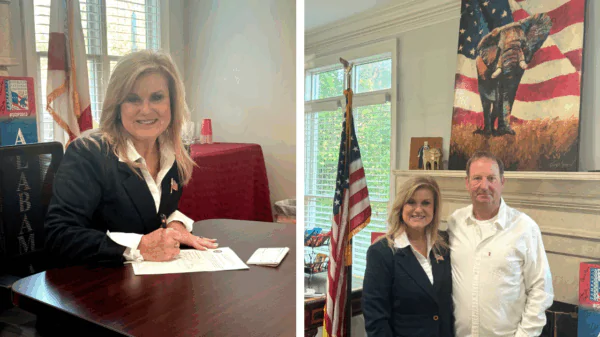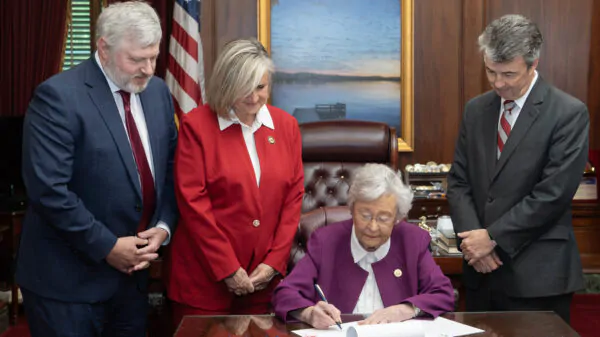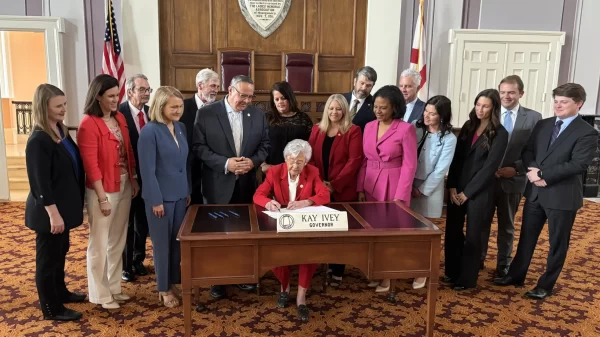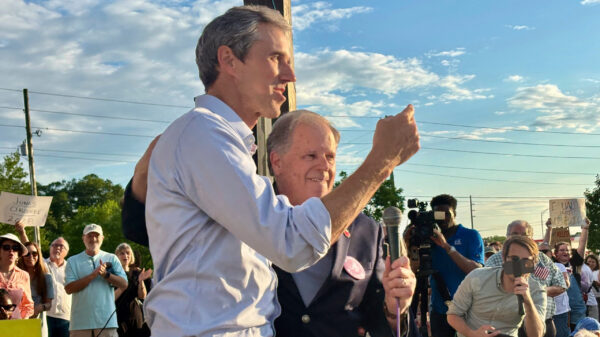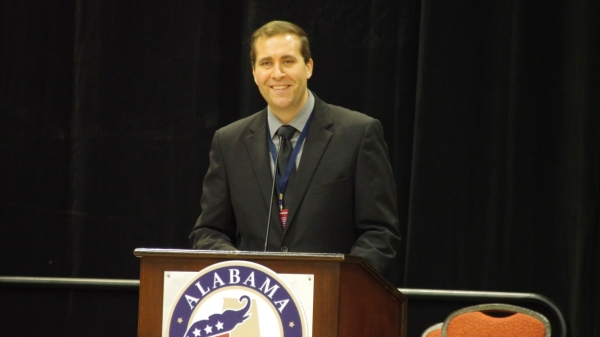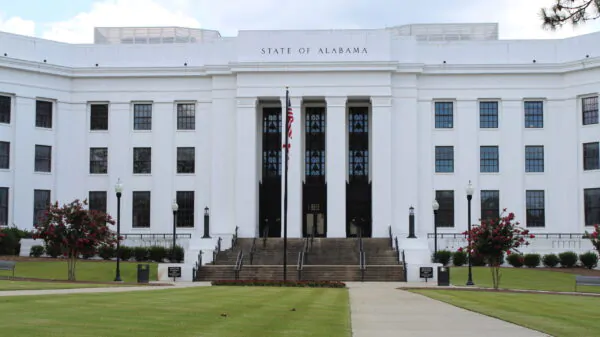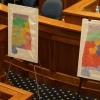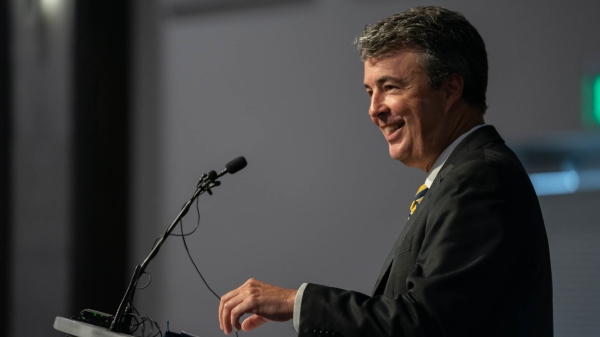Alabama is facing a healthcare crisis—hospitals are closing, rural communities lack doctors, and Medicaid expansion is still off the table. But instead of tackling those urgent issues, our lawmakers are focused on banning… imaginary sky experiments. That’s right. The legislature has introduced House Bill 248 (HB248), a bill aimed at banning geoengineering.
For those who don’t spend their days lost in the depths of conspiracy theory forums, geoengineering refers to large-scale interventions in the Earth’s climate, such as injecting aerosols into the atmosphere to reflect sunlight or capturing carbon from the air. These are scientific proposals, not secret government operations. And yet, HB248 isn’t about addressing actual scientific concerns—it’s about pandering to paranoia and feeding the growing distrust in expertise.
Let’s be clear: no one is geoengineering Alabama’s skies. No clandestine agency is dumping chemicals over Birmingham. No deep-state operatives are manipulating the weather in Montgomery. Yet here we are, debating a bill as if rogue scientists were preparing to turn the state into a science fiction experiment.
So if geoengineering isn’t happening, why the rush to ban it? Because this bill isn’t about science—it’s about politics. The push for this bill isn’t coming from the scientific community, because scientists know full well that large-scale geoengineering projects are theoretical and, in most cases, highly controversial even within climate science circles. Instead, this legislation emerges from a familiar strain of right-wing populism that thrives on distrust of science, government, and global institutions.
The fear of geoengineering is deeply intertwined with the “chemtrails” conspiracy theory, the long-debunked idea that airplanes are secretly spraying chemicals to control the population or the weather. A 2016 survey of 77 atmospheric scientists concluded that 98.7 percent of them had not encountered any evidence of a secret large-scale atmospheric program, and the supposed “proof” cited by conspiracy theorists could be explained through typical contrail formation and poor data sampling. Despite this, lawmakers in at least 10 states have introduced bills like HB248, driven not by science but by conspiracy-fueled misinformation.
Bills like HB248 allow politicians to play to a base that has been conditioned to see expertise as elitism and science as subterfuge. Instead of tackling Alabama’s failing healthcare system, struggling hospitals, and lack of rural medical access, our leaders are drafting laws to ban an imaginary threat. It’s the legislative equivalent of outlawing Bigfoot. Meanwhile, Alabama’s healthcare crisis is real. Since 2010, at least 14 hospitals have closed, disproportionately affecting rural areas.
In 2021, nearly 10 percent of Alabama’s population was uninsured, and the state still faces a critical shortage of 250 primary care physicians just to meet basic needs.
HB248 is part of a larger effort to weaponize distrust in science. Just as we’ve seen with COVID-19, climate change, and vaccine mandates, there’s a growing movement to reject scientific consensus outright. Instead of engaging with complex issues, lawmakers find it easier to declare war on expertise and paint researchers as villains plotting against the public. When Alabama lawmakers aren’t busy banning nonexistent weather control programs, they’re busy undermining actual science. First, it was rejecting public health measures during COVID-19. Then, it was fighting climate policies in the name of “freedom.” Now, they’re making sure no scientist dares tinker with the clouds—even if no one was trying to in the first place.
And let’s not ignore the anti-globalist undercurrent here. Many who push these geoengineering conspiracies believe that climate science is a Trojan horse for international control. The UN, the World Economic Forum, and even ethic minorities are woven into a web of manufactured fear about “global elites” controlling the weather. Harvard’s Gernot Wagner, a leading researcher in geoengineering, has noted that conspiracy theories around the subject are one of the biggest obstacles to legitimate scientific discussions. Legislators who support this bill aren’t engaging in policy; they’re indulging a fantasy.
This is the same legislature that resists Medicaid expansion, fights against education funding, and shrugs at women’s healthcare crises—but suddenly, when the concern is invisible chemicals in the sky, they spring into action. The irony is that Alabama could actually benefit from real climate policy. We face increasing flooding, extreme heat, and tornadoes that grow more unpredictable. Yet instead of talking about resilience planning, energy efficiency, or environmental protections, we’re wasting legislative time on a bill meant to soothe the anxieties of internet conspiracy theorists.
If our lawmakers were serious about protecting Alabama from environmental threats, they’d be talking about the state’s actual vulnerabilities—not chasing shadows in the sky. But HB248 isn’t about solving problems; it’s about keeping the base agitated, misinformed, and convinced that the real enemy isn’t the people blocking progress—it’s the scientists trying to understand the world.
And so, Alabama marches forward, ever eager to ban what doesn’t exist, while ignoring what’s right in front of us. If only our lawmakers were as eager to fix real problems as they are to fight make-believe ones.


